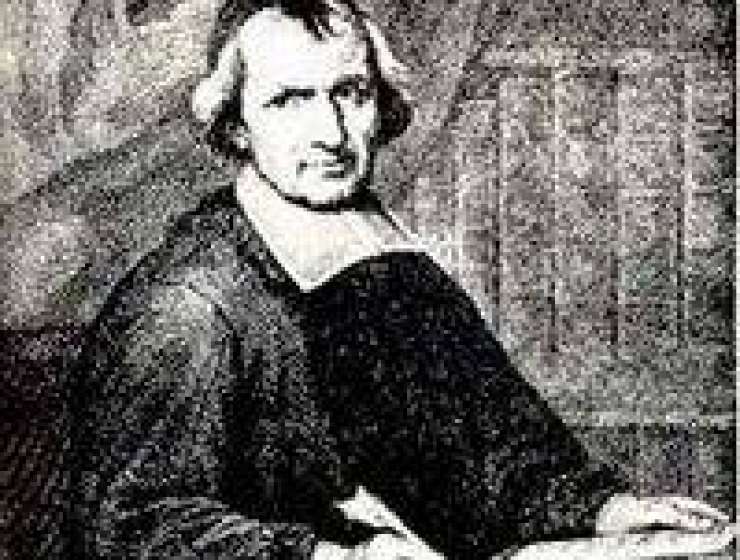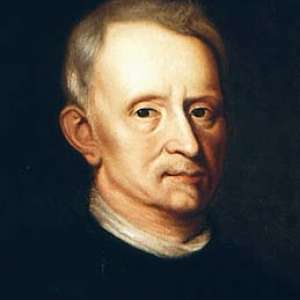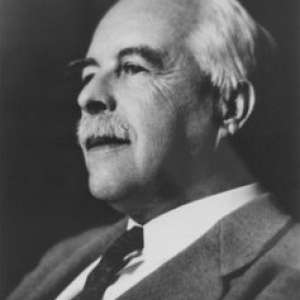
Descartes has often been portrayed as the father of the modern concept of the mind; the inventor of a new approach towards the understanding of consciousness as defining the mental sphere and as separate from the body. 1 Apart from commonplace doubts, which are certainly justified about such vaguely construed narratives, Descartes’ concept of consciousness raises special issues. One problem that makes it particularly hard to assess his role in the development of theories of consciousness is the difficulty of clarifying the kind of consciousness he might have in mind when using the Latin conscius and its cognates. The sense in which Descartes did employ them is arguably far from anything that would be employed by a contemporary writer. While for us the ‘hard problem of consciousness' lies with what we call phenomenal consciousness (the ‘what-it-is-likeness' of the experience), Descartes did not consider this problem as such. One cannot but agree with Larry M. Jorgensen’s judgement that “Descartes isn't so interested in an analysis of consciousness as such. We might be looking for an analysis of consciousness; Descartes is not. For Descartes, consciousness is taken as given.” (Jorgensen, “Seventeenth-Century Theories of Consciousness” )
Although these caveats are well-founded, there is scholarly consensus that some basic elements of a theory of consciousness are still available in Descartes’ writings. 2 One important point is, that being aware, or being conscious of one’s own thought (I'll use these terms interchangeably here) belong to the essence of the cogitatio. On this point, Descartes is quite explicit when defining the term thought (cogitatio) as “everything which we are aware of as happening within us (nobis consciis), in so far as we have awareness (conscientia) of it” (Principles of Philosophy 1.9, Oeuvres de Descartes, hereafter AT VIII-1. 7, The Philosophical Writings of Descartes, hereafter CSM 1:195). This phrasing suggests a reflection-based approach to the problem. Descartes’ claim seems to be that a conscious thought requires two different thought-acts, a direct one tending towards an ordinary object and another one by means of which the subject is conscious of the former. But given that point, Descartes’ view is still open to different interpretations. The basic question is, whether cogitatio is achieved by the combination of two separate thought-acts which go hand in hand, as some passages suggest, 3 or whether reflection belongs to the internal structure of each particular thought in such a way that the primary thought and its reflective counterpart compose a single act.










































